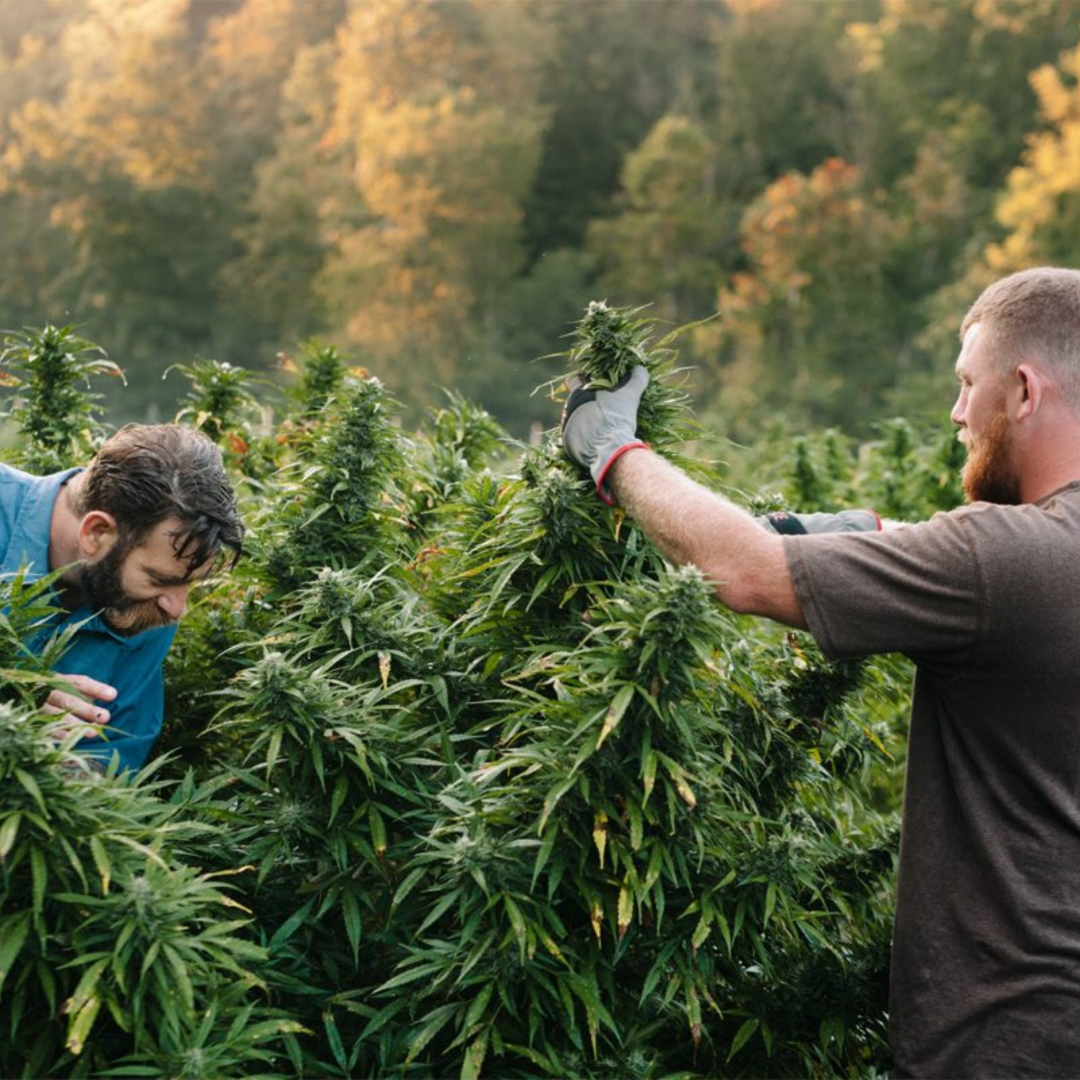The laws on weed in California are relatively straightforward, but do you know about the state’s compulsory licensing requirements?
There are currently seven types of cannabis licenses required for various marijuana-related processes. These activities include cultivation, manufacturing, distribution, testing, retail, and events.
Figuring out where to buy autoflower seeds is easy, but do you know which licenses you need to grow them? Keep reading to learn about the different types of cannabis licenses in California.
California Cannabis Cultivation Licenses
Cultivation licenses allow you to propagate, plant, grow, harvest, dry, cure, grade, and trim marijuana. They fall into several categories based on artificial light usage, canopy size, growing techniques, and plant numbers. They’re only compulsory for growers with more than six plants.
Here are the various types of cultivation licenses for growing legal weed in California:
- Specialty cottage: Allows a maximum of 25 mature plants outdoors, up to 500 sq. ft of canopy indoors, and no more than 2,500 sq. ft of canopy for mixed growers.
- Specialty: Allows a maximum of 50 mature plants or 5,000 sq. ft of canopy outdoors, 501–5,000 sq. ft of canopy indoors, and 2,501–5,000 sq. ft of canopy for mixed growers.
- Small: Allows 5,001–10,000 sq. ft of canopy outdoors, 5,001–10,000 sq. ft of canopy indoors, and 5,001–10,000 sq. ft of canopy for mixed growers.
- Medium: Allows 10,001 sq. ft to 1 acre of canopy outdoors, 10,001–22,000 sq. ft of canopy indoors, and 10,001–22,000 sq. ft of canopy for mixed growers.
- Large: This license type isn’t available yet. California will begin issuing large-scale cultivation licenses after January 1, 2023.
- Nursery: Only for growers that propagate cannabis using clones, seeds, or immature plants.
- Processor: Only for those that trim, cure, dry, grade, label, or package cannabis.
The cultivation licensing laws on weed in California are easy to understand once you figure out your specific growing situation.
Here’s a brief overview of how to distinguish between outdoor, indoor, and mixed license types:
- Outdoor: For growers that cultivate marijuana outside without using light deprivation techniques or artificial lighting on mature crops.
- Indoor: For cultivators that grow cannabis in permanent structures with a minimum of 25 watts of artificial light per sq. ft.
- Mixed: For growers that cultivate marijuana in a greenhouse, conservatory, or similar structure.
California Cannabis Manufacturing Licenses
Manufacturing licenses allow you to produce, prepare, propagate, or compound cannabis products using extraction methods or chemical synthesis. They’re based on specific activities, chemicals, and facilities.
Although there’s a limit to how much weed you can buy in California, there are no constraints on how much of it you can produce.
Here are the various types of manufacturing licenses in California:
- Type 6: These manufacturers can use non-volatile solvents for post-processing or extraction. They can also use mechanical extraction methods, infuse cannabis products, and package or label them. Non-volatile solvents include ethanol, cooking oils, carbon dioxide, and butter.
- Type 7: These manufacturers can use volatile and non-volatile solvents for refinement or extraction. They can also use mechanical extraction methods, produce cannabis-infused products, and package or label goods. Volatile solvents include butane, hexane, heptane, and propane.
- Type N: These manufacturers can create marijuana products through infusion and package or label them.
- Type P: Only for manufacturers that package and label cannabis products.
- Type S: Only for manufacturers that work in shared facilities. They can extract marijuana using cooking oils or butter, produce infused items, and package or label them.
California Cannabis Distribution Licenses
Distribution licenses allow you to move cannabis products between different premises. They only authorize cannabis transportation—not retail sales.
Wondering how much marijuana you can drive with in California? The law says you can possess up to 28.5 grams of plant material and 8 grams of concentrated cannabis. Luckily, these restrictions don’t apply to licensed distributors.
Here are the various types of distribution licenses in California:
- Type 11: For transporting marijuana products between manufacturing, cultivation, distribution, and retail premises. This license also allows you to provide storage services to other licensed distributors and arrange for testing.
- Type 13: For transporting cannabis products between manufacturing, cultivation, and distribution premises.
California Cannabis Laboratory Testing Licenses
This license is only available for laboratories with ISO/IEC 17025 accreditation that test marijuana products before they retail.
Laboratories can apply for a temporary testing license if they don’t yet have the necessary accreditation.
California Cannabis Retail Licenses
Retail licenses allow you to sell cannabis products to adult consumers. Remember, the law allows anyone over 21 years of age to buy marijuana in California.
Here are the various types of retail licenses in California:
- Type 9: For non-storefront retailers that sell cannabis goods via delivery.
- Type 10: For storefront retailers that sell marijuana products at a physical location or offer deliveries.
California Cannabis Microbusiness Licenses
Microbusiness licenses are for companies that engage in at least three types of cannabis activities in one location.
The licensing laws on weed in California include the following processes:
- Cultivation totaling no more than 10,000 sq. ft.
- Manufacture using non-volatile solvents, mechanical infusion, or extraction.
- Distribution or distribution-transport only.
- Storefront or non-storefront retail.
California Cannabis Event Licenses
Event licenses are for organizers of cannabis-related functions. Each event is only allowed to be hosted by one person who holds an event license.
Here are the two types of event licenses in California:
- Event organizer: For the person holding the cannabis event.
- Temporary cannabis event: For the specific marijuana event.
Cannabis Licenses in California
Applying for a cannabis license in California isn’t as difficult as finding out how much weed you can carry in California.
After obtaining proof of local approval, you can begin the application process with your local jurisdiction. Alternatively, you can get in touch with a cannabis licensing expert for a speedy and seamless experience.
If your business doesn’t have a valid cannabis license, it could face penalties—resulting in profit losses, setbacks, and unnecessary headaches. Recreational growers with large amounts of plants also risk heavy fines if they can’t produce a valid license.
Avoid any mishaps with the laws on weed in California by booking a consultation with a certified cannabis licensing expert.
How we can help?
At Cannabis License Experts, we provide you with the guidance to plan your cannabis business, acquire funding, navigate the legal requirements, and acquire the appropriate cannabis license for your operations. As the California cannabis industry develops, more and more licensed producers will be needed to meet the demands of consumers.
Cannabis License Experts offers support from day one of starting your cannabis business, including strategic planning, floor plan preparation, site audits, SOPs, Preventive Control Plans (PCPs), and more.
Our Edibles Compliance division can provide you with a solid plan for your edibles business to help get your products on store shelves.
Contact us today to discover how we can license and legalize your cannabis business to meet federal or provincial regulations.
 About the Author: Cortney Bennett
About the Author: Cortney Bennett
Cortney Bennett, a pharmacist at I49 Seed Bank, with 5+ years in the pharmacy field regarding cannabis. Cortney constantly upgrades her knowledge and skills in the weed industry. She has learned the characteristics of the different marijuana types and their effects on the human body in detail. Her constant thirst for knowledge allows her to stay up to date with all the latest research and discoveries in the cannabis field.


